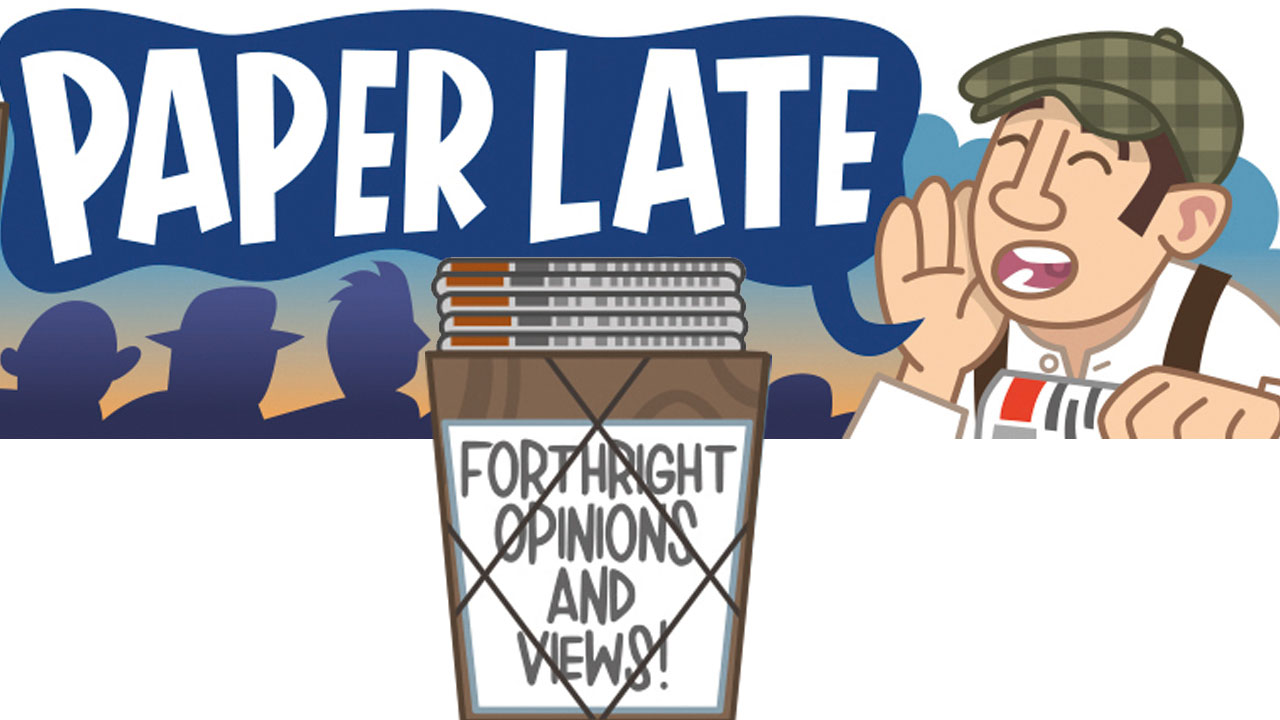Paper Late: Is narrow-mindedness damaging our scene?
It's the Prog magazine that let's readers and writers alike get something off their chest...

There are certain people – and you’ve almost certainly encountered them – who believe that prog has no place on the world stage. Instead, they think the genre they profess to love must remain a backwater curio for the entertainment of a select few… mainly them.
There’s the irritated fan wearing a band’s early-era shirt, aghast that so many new faces are enjoying the show. The dismissive behaviour of a band who refuse to be interviewed by a magazine because acts people have heard of are in it. And the clenched fist of the weekend warrior who’s not bloody listening to them again because they got on the radio. They’ve sold out!
Prog is sometimes seen as an elitist scene from the outside but that’s a great reason why no one should see it like that from the inside. The word “elitist” doesn’t apply to subgrenes and sub-movements – that is groups of bands who naturally sit together. There are some great fan-led small businesses that are dedicated to serving the prog underground – for example, Summer’s End and The Merch Desk who have no desire to be Glastonbury or Amazon respectively. They’re not elitist and neither is the fear of losing creative control if you (or the band you love) achieve mainstream success, and are pressured into becoming more about money and less about music. We all know it happens.
But why would any performing artist want to limit the size of the audience that experience their art? And why would a fan of someone’s art not want others to enjoy that same connection?
There are two types of people to blame, and they’re both suffering from preconceptions. The first is the person who comes in thinking they “know what prog is for”, and have no intention of growing through their experiences. They also don’t like the fact that others don’t share their conviction. The second is the person who likes to think of prog as “theirs” because of how they discovered it or what it means to them personally. They have an introspective attitude to art, and in trying to enforce this straight-line, they send themselves
round in circles.
Both pay the fundamental concept of progressive art a disservice. Achieving mainstream success is a way for people who’ve never been exposed to prog to find their way to it. Prog isn’t a place to fear change – the clue is in its name – and if you think otherwise, you’re wrong.
There’s nothing wrong with finding your own niche and making it yours, but most of us would prefer prog to spread far and wide. And we’ll do what we can to make that happen.
Sign up below to get the latest from Prog, plus exclusive special offers, direct to your inbox!
Got an opinion on the matter that you’d like to share? Please email us at: prog@futurenet.com. Opinions expressed in this column aren’t necessarily those of the magazine.
Not only is one-time online news editor Martin an established rock journalist and drummer, but he’s also penned several books on music history, including SAHB Story: The Tale of the Sensational Alex Harvey Band, a band he once managed, and the best-selling Apollo Memories about the history of the legendary and infamous Glasgow Apollo. Martin has written for Classic Rock and Prog and at one time had written more articles for Louder than anyone else (we think he's second now). He’s appeared on TV and when not delving intro all things music, can be found travelling along the UK’s vast canal network.
